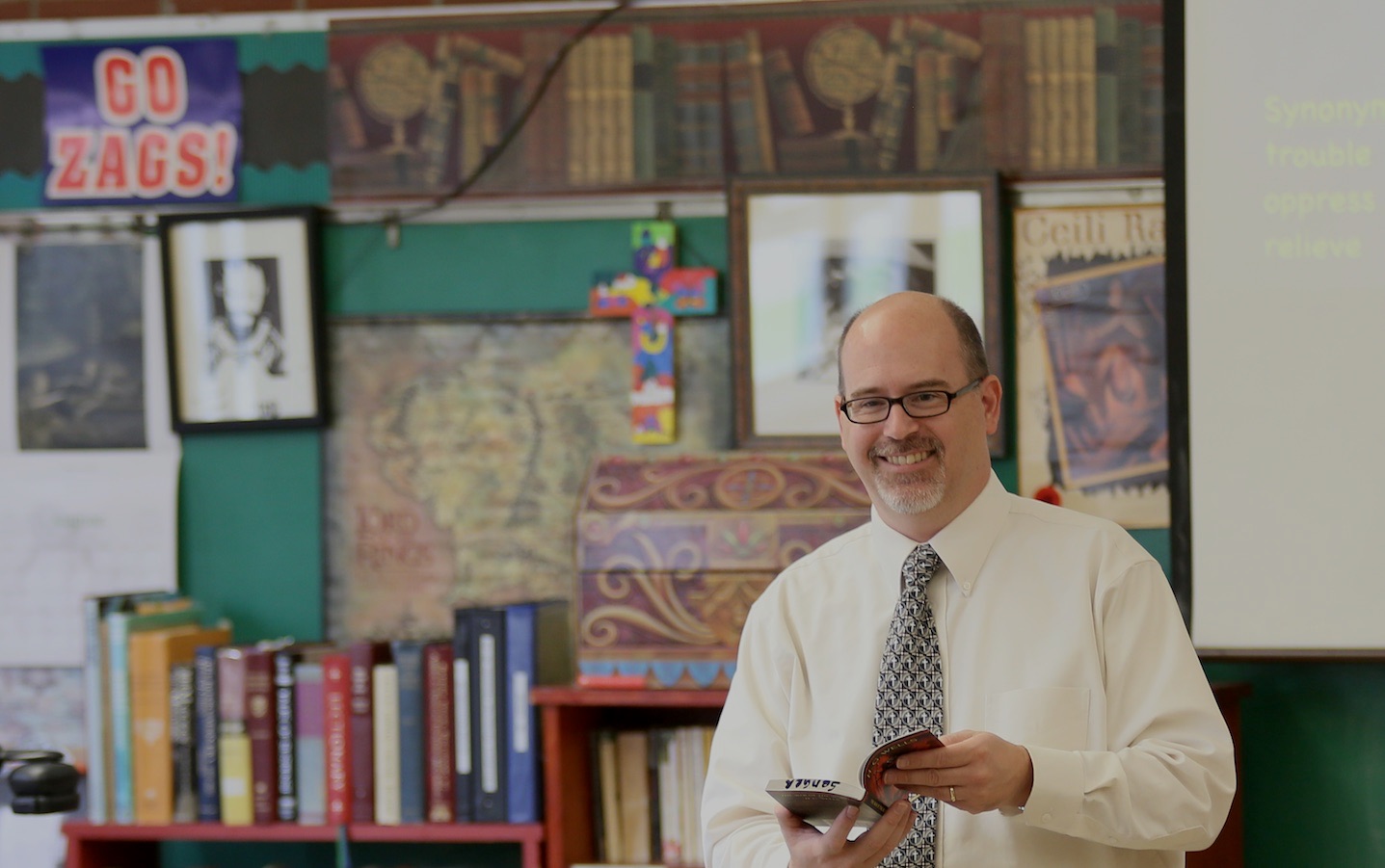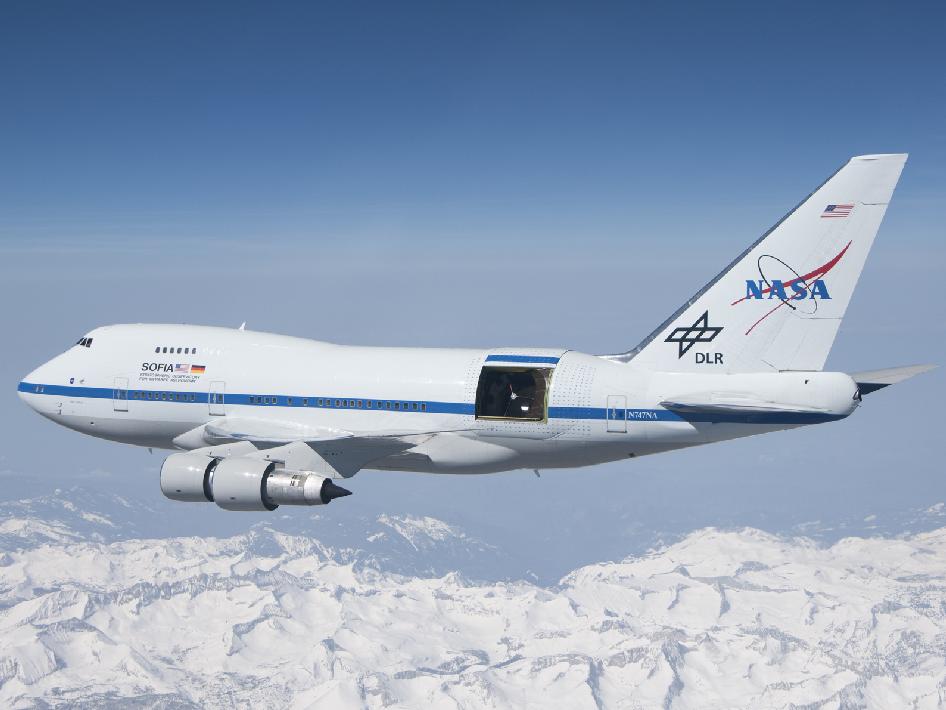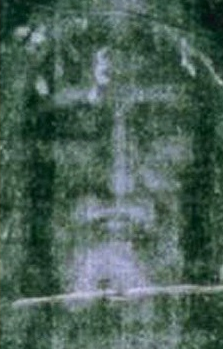Exciting STEM news for Carmel Catholic High School in Mundelein, Illinois:
MUNDELEIN, Ill.— NASA’s Stratospheric Observatory for Infrared Astronomy, or SOFIA, will become a flying classroom for Carmel Catholic science teacher Marcella Linahan during research flights that she will participate in as an Airborne Astronomy Ambassador.
Ms. Linahan and her partner, Lynne Zielinski from the National Space Society, Long Grove, Ill., are one of twelve two-person teams that have been selected for SOFIA’s Airborne Astronomy Ambassadors program, representing educators from 10 states.
In April, Ms. Linahan will spend one week at Dryden Aircraft Operations Facility in Palmdale, Calif. training and then flying on SOFIA for two missions. Each team will be paired with a professional astronomer to observe how airborne infrared astronomy is conducted. After her flight opportunity, Ms. Linahan will take what she has learned back to Carmel Catholic to promote science literacy.
“I am excited that I can experience astronomical data collection first-hand, and then bring this data and experience back to my students,” Ms. Linahan remarked. “I am passionate about exposing the students to authentic science research. I want them to realize that a STEM career is something that is exciting and obtainable.”


